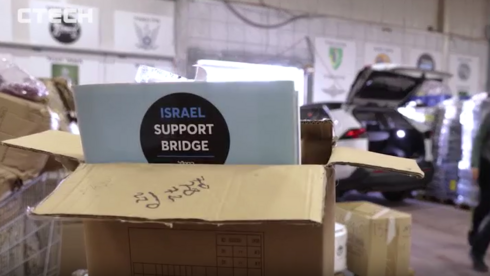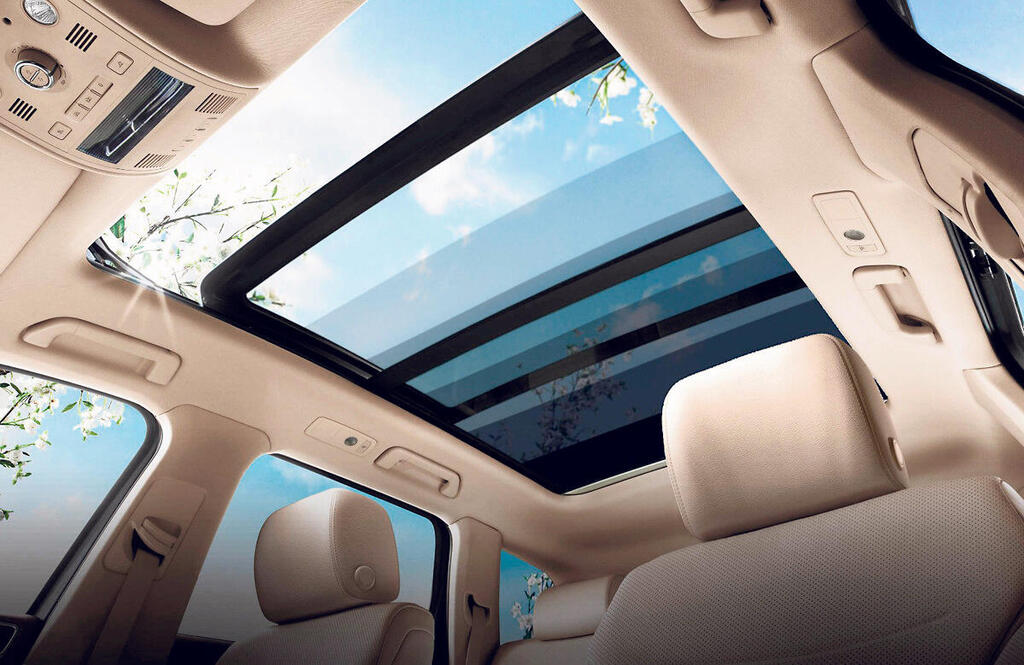
Gauzy hoping for $350 million valuation in Nasdaq IPO
The nanotech company is aiming for a pre-money valuation of only $282 million in next week’s IPO, well below the $400-500 million valuation it initially hoped for
Israeli nanotech company Gauzy is expected to go public next week on the Nasdaq stock exchange in New York. The company revealed on Wednesday its target valuation in the offering, approximately $357 million post-money. Gauzy aims to raise $75 million by issuing 4.16 million shares to the public at a price range of $17 to $19 per share. Thus, the pre-money valuation of the company will be only $282 million, well below the higher target valuation of $400-500 million that it initially aimed for in the IPO.
The company said it expects to grant to the underwriters a 30-day option to purchase up to an additional 625,000 of ordinary shares from Gauzy at the public offering price. Gauzy will be traded under the symbol “GAUZ”.
Gauzy’s prospectus showed that the company's revenues in 2023 were $78 million, a significant jump of 59% compared to 2022 when revenues were $49 million. While the company doubled the gross profit from $9.7 million to $19.9 million in 2023, at the operational level, it is still losing money, with $32 million in losses in 2023, as in 2022. However, the loss in the bottom line in 2023 was significantly greater, standing at $79.3 million compared to $32.9 million in 2022, mainly due to a jump in financing expenses to $47.1 million compared to only $5.5 million in 2022. The EBITDA was also negative in 2023, standing at $20.7 million compared to $20 million in 2022.
Gauzy was founded in 2010 by Eyal Peso, who serves as CEO, Adrian Lofer, who serves as CTO, and Dmitry Dobrenko. The company has developed smart glass, which allows for the control of the shading level of the glass in vehicles or buildings. Among its customers are manufacturers of windshields for vehicles, television manufacturers, and more, including the South Korean corporation LG, which was helped by Gauzy to develop a transparent TV screen. Other clients include car manufacturers BMW, Hyundai - which also invested in the company; Mercedes - which was the first to purchase Gauzy's product; Texas Instruments; and the aircraft manufacturer Airbus.















